And since I am sort of lazy today, and think that it is important for writers to read, I am posting something from each of these writers.
by William Stafford
If you were exchanged in the cradle and
your real mother died
without ever telling the story
then no one knows your name,
and somewhere in the world
your father is lost and needs you
but you are far away.
He can never find
how true you are, how ready.
When the great wind comes
and the robberies of the rain
you stand on the corner shivering.
The people who go by–
you wonder at their calm.
They miss the whisper that runs
any day in your mind,
“Who are you really, wanderer?”–
and the answer you have to give
no matter how dark and cold
the world around you is:
“Maybe I’m a king.”
by Wallace Stevens
The houses are haunted
By white night-gowns.
None are green,
Or purple with green rings,
Or green with yellow rings,
Or yellow with blue rings.
None of them are strange,
With socks of lace
And beaded ceintures.
People are not going
To dream of baboons and periwinkles.
Only, here and there, an old sailor,
Drunk and asleep in his boots,
Catches tigers
In red weather.
by William Shakespeare
Where the bee sucks, there suck I:
In a cowslip's bell I lie;
There I couch when owls do cry.
On the bat's back I do fly.
After summer merrily:
Merrily, merrily, shall I live now
Under the blossom that hangs on the bough.
by William Saroyan
“You must remember always to give, of everything you have. You must give foolishly even. You must be extravagant. You must give to all who come into your life. Then nothing and no one shall have power to cheat you of anything, for if you give to a thief, he cannot steal from you, and he himself is then no longer a thief. And the more you give, the more you will have to give.”
by William Shenstone
Ye birds! for whom I rear'd the grove,
With melting lay salute my love;
My Daphne with your notes detain,
Or I have rear'd my grove in vain.
Ye flowers! before her footsteps rise:
Display at once your brightest dyes;
That she your opening charms may see,
Or what are all your charms to me?
Kind Zephyr! brush each fragrant flower,
And shed its odours round my bower;
Or never more, O gentle Wind!
Shall I from thee refreshment find.
Ye Streams! if e'er your banks I loved,
If e'er your native sounds improved,
May each soft murmur soothe my fair,
Or oh! 'twill deepen my despair.
And thou, my Grot! whose lonely bounds
The melancholy pine surrounds,
May Daphne praise thy peaceful gloom,
Or thou shalt prove her Damon's tomb.
THIS IS JUST TO SAY
I have eaten
the plums
that were in
the icebox
and which
you were probably
saving
for breakfast
Forgive me
they were delicious
so sweet
and so cold
by Wislawa Szymborska
I’d have to be really quick
to describe clouds -
a split second’s enough
for them to start being something else.
Their trademark:
they don’t repeat a single
shape, shade, pose, arrangement.
Unburdened by memory of any kind,
they float easily over the facts.
What on earth could they bear witness to?
They scatter whenever something happens.
Compared to clouds,
life rests on solid ground,
practically permanent, almost eternal.
Next to clouds
even a stone seems like a brother,
someone you can trust,
while they’re just distant, flighty cousins.
Let people exist if they want,
and then die, one after another:
clouds simply don't care
what they're up to
down there.
And so their haughty fleet
cruises smoothly over your whole life
and mine, still incomplete.
They aren't obliged to vanish when we're gone.
They don't have to be seen while sailing on.
"The first step is you have to say that you can."--Will Smith
"Poetry is like making a joke. If you get one word wrong at the end of a joke, you've lost the whole thing."--W. S. Merwin (still a W.S. and I really like him...)





















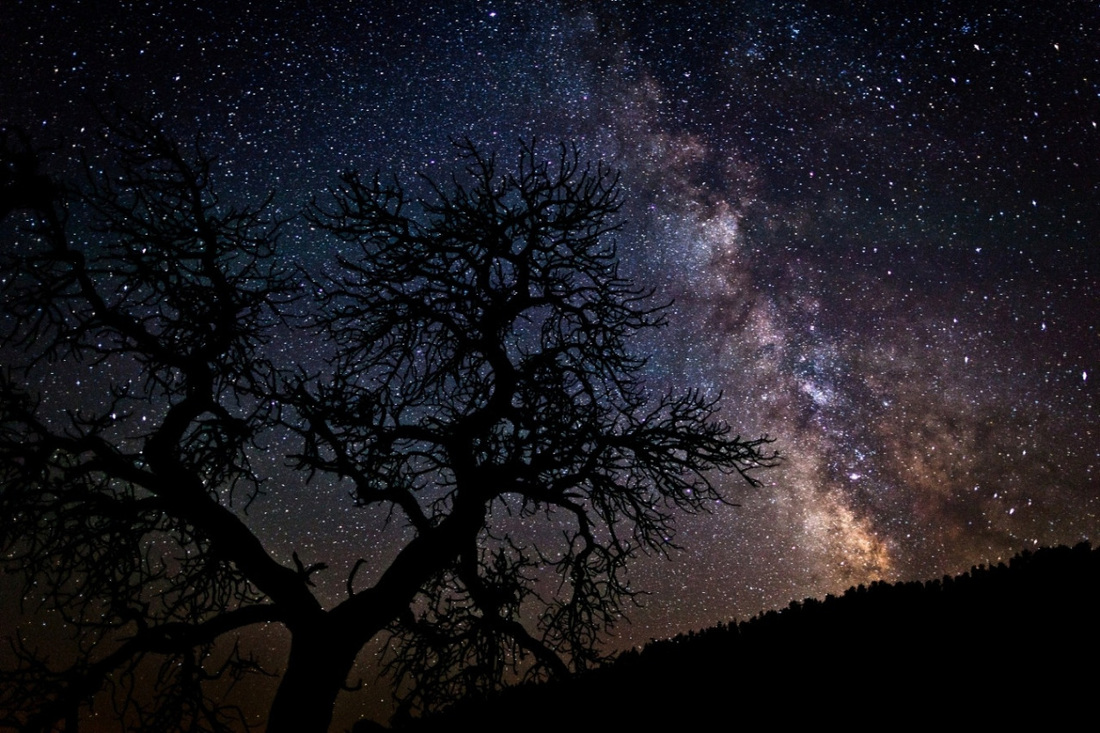
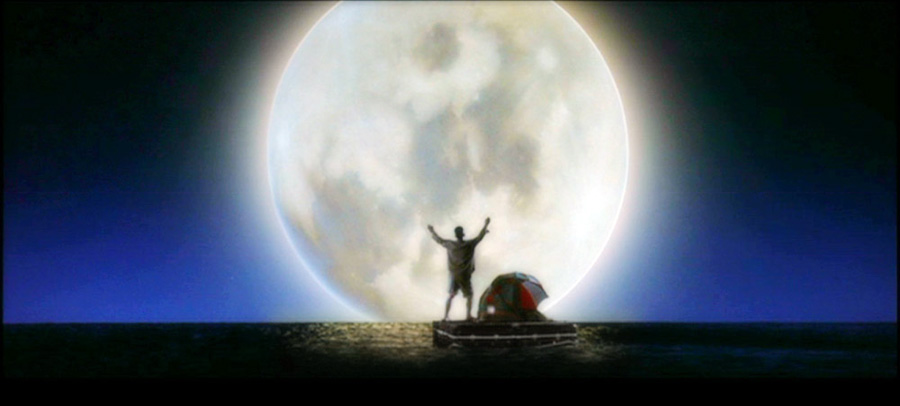


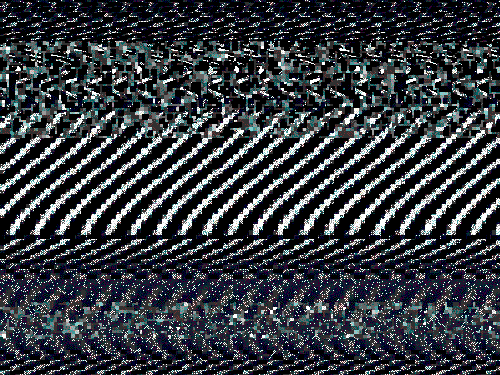










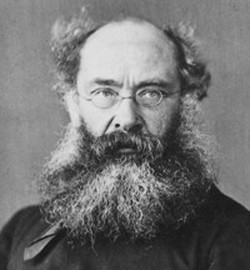





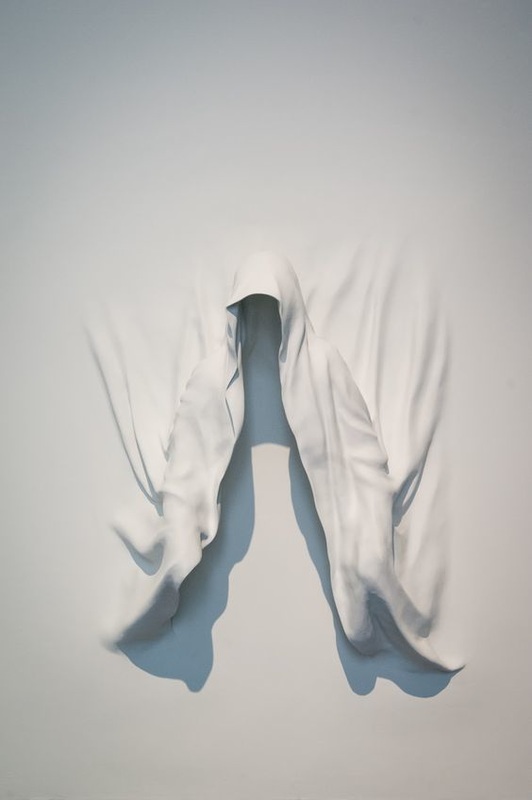



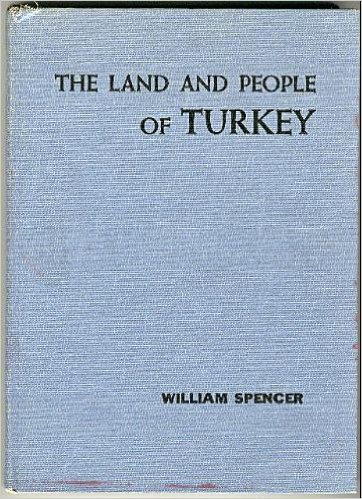




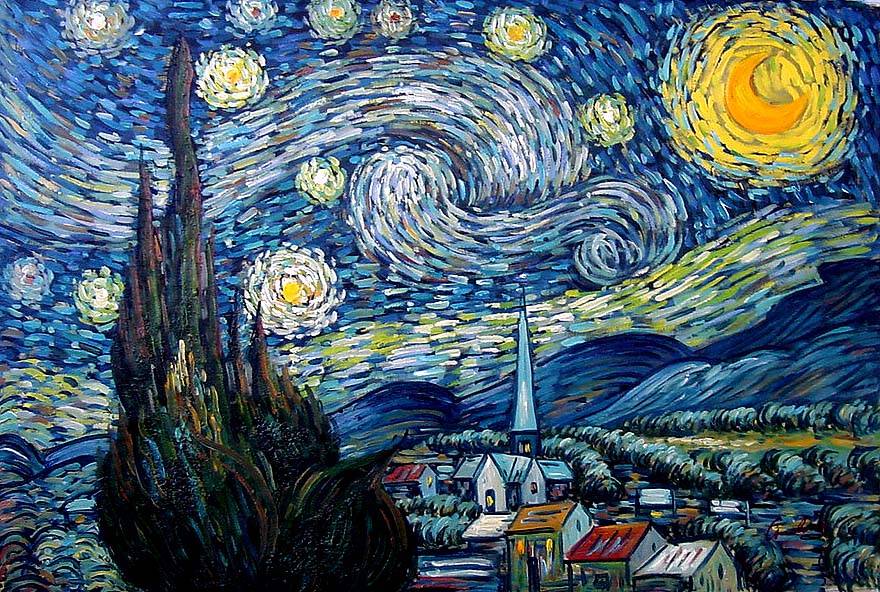
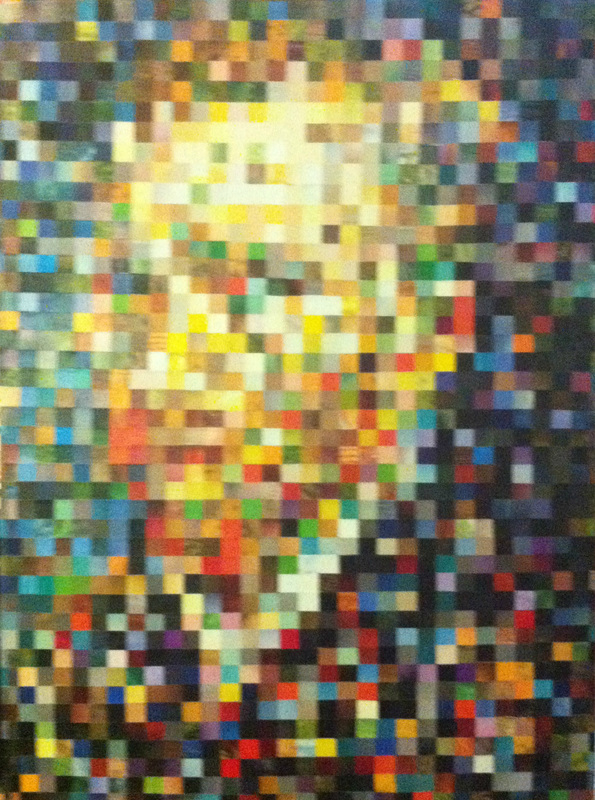



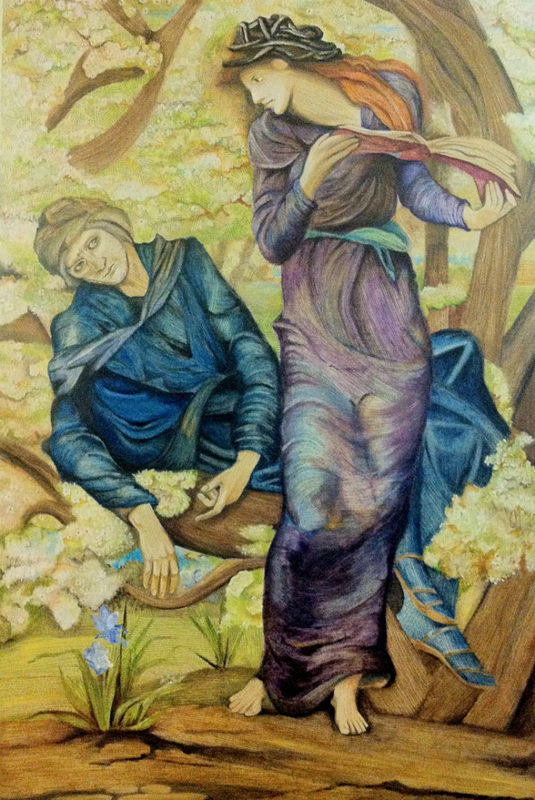





 RSS Feed
RSS Feed
